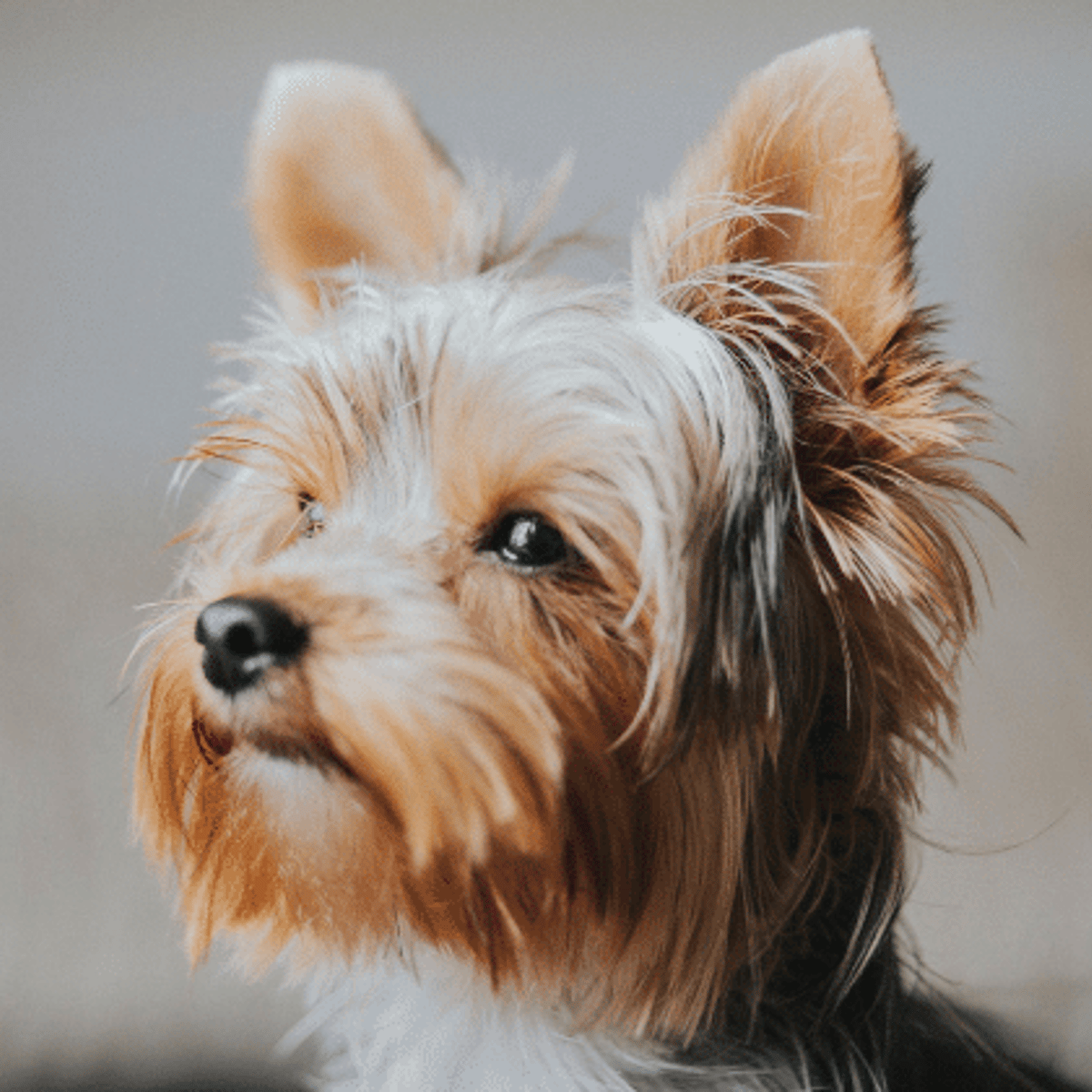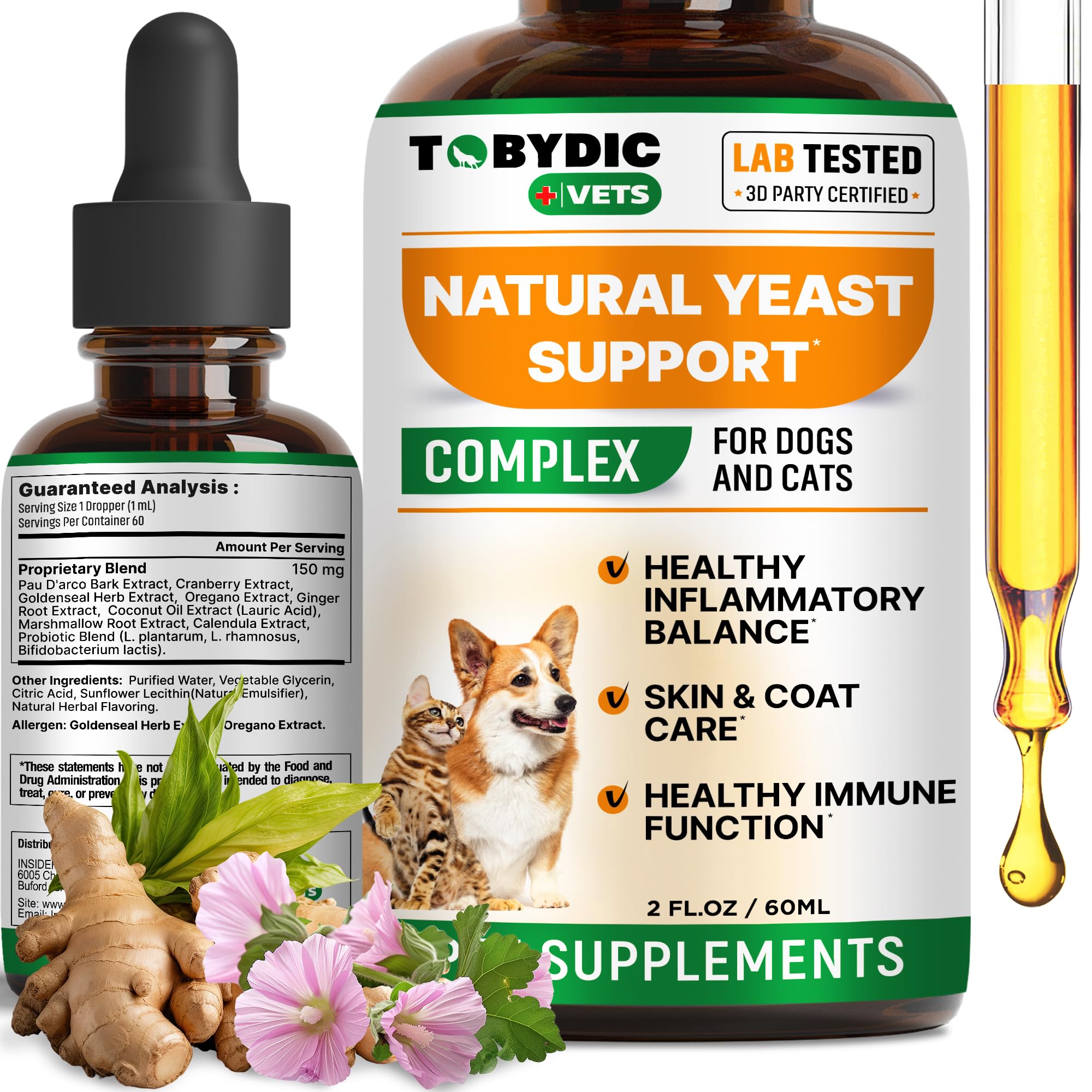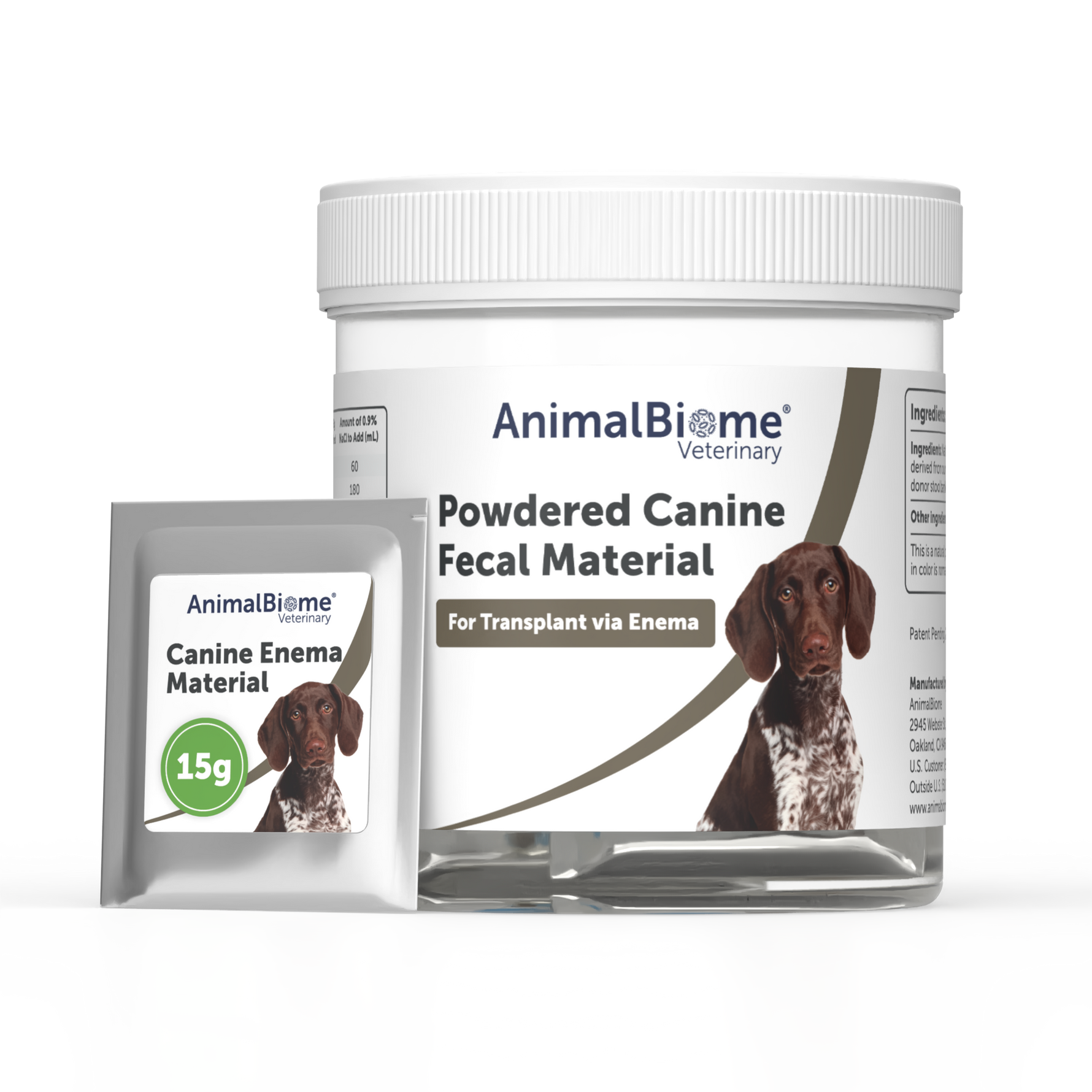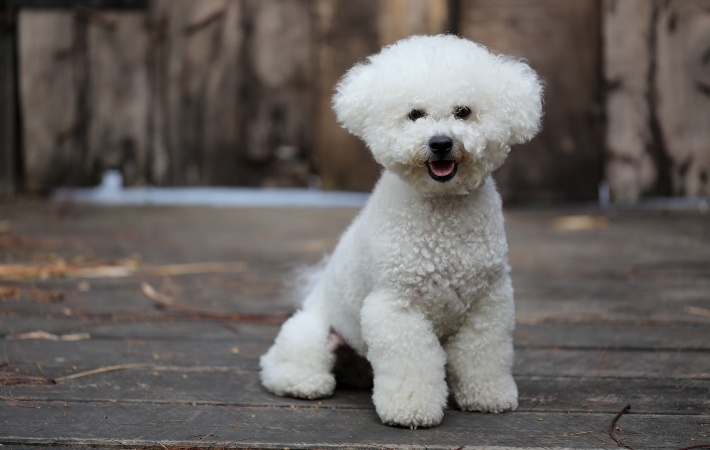Are you worried about allergies but still want a furry friend to brighten your life? Finding the right dog breed that won’t trigger your allergies can feel like a challenge.
But what if you could enjoy the companionship of a dog without the sneezing and itching? You’ll discover some of the best hypoallergenic dog breeds that are perfect for allergy sufferers. Keep reading to find the ideal pet that fits your lifestyle and keeps your home allergy-friendly.

Credit: wamiz.co.uk
Why Choose Hypoallergenic Dogs
Many people love dogs but worry about allergies. Hypoallergenic dogs can be a good choice for them. These dogs shed less and cause fewer allergic reactions.
Choosing a hypoallergenic breed helps families enjoy pets without constant allergy problems. It makes living with a dog easier and more comfortable.
Allergies And Pet Ownership
Allergies to dogs come from dander, saliva, and urine. Dander is tiny skin flakes that dogs shed. Some breeds produce less dander, making them better for allergy sufferers.
People with dog allergies can still enjoy pets by choosing hypoallergenic breeds. These dogs reduce allergy symptoms like sneezing, itching, and watery eyes.
Benefits Of Hypoallergenic Breeds
Hypoallergenic dogs offer many benefits beyond fewer allergies. They often have coats that shed less and require special grooming. This helps keep homes cleaner.
- Lower risk of allergy symptoms
- Less dog hair around the house
- Better for people with asthma
- Many breeds are friendly and smart
- Help families enjoy pets safely

Credit: medium.com
Traits Of Hypoallergenic Dogs
Hypoallergenic dogs are better for people with allergies. They produce fewer allergens that cause reactions.
These dogs have special traits that help reduce allergy symptoms. Their coat and shedding habits play a big role.
Coat Types That Reduce Allergens
Hypoallergenic dogs often have coats that trap hair and dander. This lowers the amount of allergens in the air.
Coats that do not shed much or have hair like texture are less likely to spread allergens.
- Curly coats hold loose hair and dander well.
- Hair-like coats grow continuously and shed less.
- Woolly coats trap dead skin cells and hair tightly.
Shedding And Dander Levels
Shedding affects how many allergens spread around the home. Dogs that shed less cause fewer allergy problems.
Dander is tiny skin flakes that can trigger allergies. Hypoallergenic dogs produce less dander or keep it in their coat.
- Low-shedding dogs lose fewer hairs daily.
- Less dander means fewer airborne allergens.
- Regular grooming helps reduce dander and loose hair.
Top Hypoallergenic Dog Breeds
Many people want dogs but worry about allergies. Hypoallergenic dog breeds shed less and cause fewer allergy problems.
These breeds are great choices for people with sensitive skin or asthma.
Poodle Varieties
Poodles come in three sizes: toy, miniature, and standard. All sizes are known for low shedding.
Their curly coats trap dander, which helps reduce allergies. Poodles are smart and easy to train.
Bichon Frise
The Bichon Frise has a soft, curly coat that does not shed much. This breed is playful and friendly.
Bichons need regular grooming to keep their coat clean and healthy.
Schnauzer Breeds
Schnauzers come in mini, standard, and giant sizes. All have wiry coats that shed very little.
This breed is alert, energetic, and good for families.
Portuguese Water Dog
The Portuguese Water Dog has a curly, water-resistant coat. It sheds very little and is easy to groom.
These dogs are active and enjoy swimming and playing outdoors.
Maltese
The Maltese has a long, silky coat that sheds very little. This breed is gentle and affectionate.
They need daily brushing to prevent mats and tangles.
Shih Tzu
Shih Tzus have thick, long coats that shed minimally. They are friendly and good with children.
Regular grooming keeps their coat smooth and clean.
Yorkshire Terrier
Yorkshire Terriers have fine, silky hair that sheds very little. They are small and lively dogs.
Yorkies need regular grooming to keep their coat healthy and tangle-free.
Caring For Allergy-friendly Dogs
Some dog breeds are better for people with allergies. These breeds shed less and produce fewer allergens. Caring for these dogs still needs attention and care.
Proper care helps keep allergens low and your dog healthy. Simple habits make living with allergy-friendly dogs easier.
Grooming Tips To Minimize Allergens
Regular grooming reduces loose hair and dander. Bathing your dog often helps remove allergens from their coat. Use gentle shampoos made for dogs.
Brushing your dog daily stops hair from spreading around your home. Use a brush designed for your dog’s coat type to avoid skin irritation.
- Brush your dog outside or in a tiled area
- Use a damp cloth to wipe your dog’s fur
- Trim hair around the face and paws if needed
- Keep nails short to prevent scratching
Regular Cleaning And Maintenance
Clean your home often to lower allergens. Vacuum floors and furniture with a HEPA filter vacuum cleaner. Wash your dog’s bedding weekly.
Keep air fresh by using air purifiers and opening windows. Remove dust and dander from surfaces with a damp cloth.
- Vacuum carpets and rugs at least twice a week
- Wash curtains and blankets regularly
- Clean hard floors with a mop
- Keep your dog out of bedrooms if allergies are strong
Other Considerations Before Adopting
Choosing a hypoallergenic dog breed is a good start for allergy sufferers. Still, many other factors matter before adopting a dog.
Think about your daily routine, health needs, and the dog’s personality. These will affect how well you and your dog get along.
Lifestyle Compatibility
Make sure the dog’s energy level fits your lifestyle. Some breeds need lots of exercise and playtime.
If you live in a small apartment, a low-energy dog may be better. Active families may want a more energetic breed.
- Consider how much time you have for walks and play
- Think about your living space size
- Check if the breed matches your daily activity level
Health And Temperament
Different breeds have different health risks. Learn about common problems to expect.
Temperament is also key. Some dogs are friendly and calm, others can be shy or protective.
- Ask about breed-specific health issues
- Find out if the dog is good with children and other pets
- Consider the dog’s natural behavior and how it fits your family

Credit: www.petscare.com
Frequently Asked Questions
What Makes A Dog Breed Hypoallergenic?
Hypoallergenic dogs shed less dander and hair, reducing allergens. They are ideal for people with allergies. These breeds trigger fewer allergic reactions but are not completely allergen-free.
Which Dog Breeds Are Best For Allergy Sufferers?
Breeds like Poodle, Bichon Frise, and Maltese are popular hypoallergenic dogs. They shed minimally and produce less dander. These breeds are often recommended for allergy-prone individuals.
Are Hypoallergenic Dogs Completely Allergen-free?
No, hypoallergenic dogs reduce allergens but do not eliminate them. Allergy symptoms may still occur but tend to be milder. Regular grooming helps minimize allergens further.
How Can I Reduce Allergens From My Dog?
Regular bathing and grooming remove loose hair and dander. Using air purifiers and cleaning your home often helps too. Avoiding carpets and upholstery can reduce allergen buildup.
Conclusion
Choosing a hypoallergenic dog breed can benefit allergy sufferers. These dogs produce fewer allergens, making them a great choice. Poodles, Bichon Frises, and Maltese are popular hypoallergenic options. They come in various sizes and personalities. Regular grooming helps keep allergens at bay.
Remember, no dog is completely allergen-free. Spend time with a breed before deciding. Ensure they match your lifestyle and allergies. Always consult with experts or breeders for advice. With the right choice, you can enjoy a loving companion. A hypoallergenic dog can bring joy and comfort to your home.







